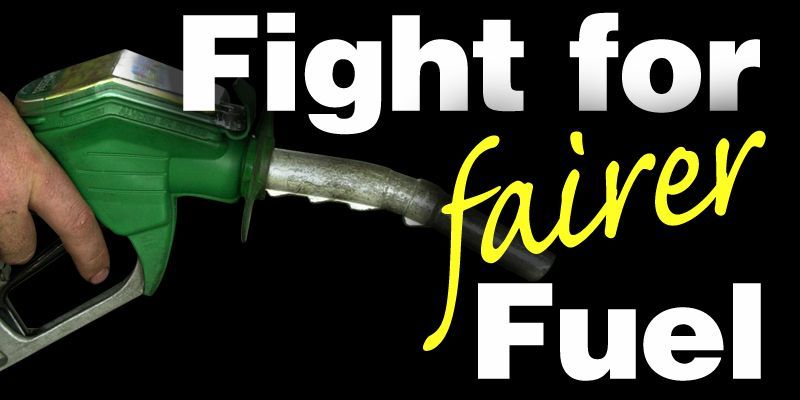To reduce the amount of fossil fuel being used by motorists, the government must invest in new alternatives, according to a Perth haulier.
McLaughlan Transport director George McLaughlan told The Courier that the latest technology should be embraced to find another way to power vehicles.
He also said that, until this is widely available, haulage companies must learn how to use their fleet more economically.
Mr McLaughlan said, “While hybrid lorries are not on the market yet they are currently being developed.
“They will recycle the braking effort by putting it back into the batteries, and this will try to even out the cost of fuel.”
He added, “In the short term, however, contractors have to utilise their vehicles better.
“Drivers must be trained to use fuel more efficiently and sparingly, as well as cutting down on the amount of empty runs they complete.”
The businessman believes learning how to make the best of remaining fuel resources will help make or break companies.
Those who take on board the need to economise will fare much better than those who waste fuel and money by driving inefficiently.
His firm is already facing spiralling costs, which have risen 0.5% for every penny increase in fuel prices.’Margins are so tight’Mr McLaughlan said, “Unfortunately, we have to pass our costs on to the customer because the margins are so tight.
“Each increase the market or Exchequer passes on has to be filtered down to the final user.
“Because we move basic commodities we are finding that people still have to use our transport and, while they have been sympathetic, they are always mindful of their own costs.”
Mr McLaughlan has already observed how the rise in transport costs is being passed down to the consumer as, during a trip to his local supermarket, he noticed that the price on one particular product a “mid-range soup” had leapt from 54p to 84p.
He said this is “inevitable” as the government must raise revenue and the lifespan of fossil fuels is limited.
Mr McLaughlan said, “The price will continue to increase until it is no longer economically viable to use it.
“Hopefully, by that time the alternatives will start to come onstream because I don’t see any betterment in the availability of fossil fuels.”
He added, “The cost of petrol and diesel is going to increase regardless of what government we have because there is only so much available to burn.
“We are just going to have to live with that.”
